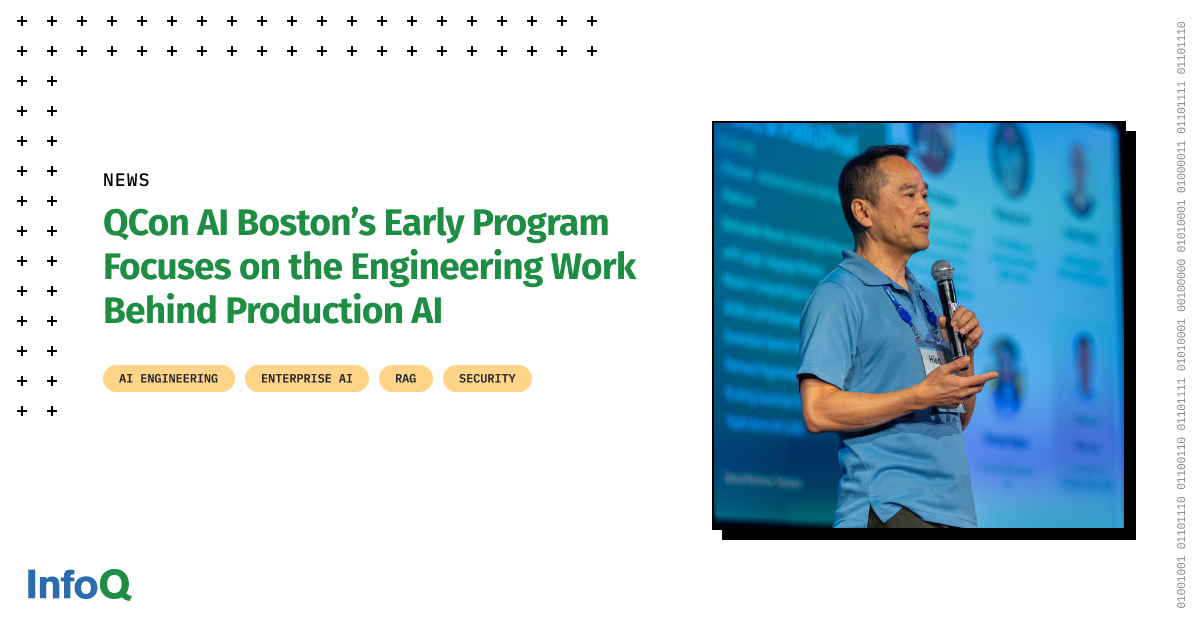Codetown
Codetown ::: a software developer's community
Hot New Language (Groovy)
Slightly modified from original post: http://adamldavis.com/
There’s a hot new programming language that I’m excited about. It can be used dynamically or statically-typed, your choice. It supports functional programming constructs, including first-class functions, currying, and more. It has multiple-inheritance, type inference, and meta-programming. It also integrates really well with a battle-tested enterprise-worthy language and best-of-class virtual machine.
This programming language actually isn’t that new. It’s from 2004, but they’ve recently added a lot of new features, such as traits. Oh, did I mention it has a great community and tons of frameworks built on top of it for web-applications, testing, and even full build systems. This language is great for building DSL’s and is very light-weight. Oh, and it can be compiled to JavaScript and it can be used to develop for Android.
As you might have guessed, this language is called “Groovy”. The virtual machine it’s built on is the JVM, the web framework is Grails, the testing framework is spock, and the build system is Gradle.
As you may have heard, Pivotal has dropped its Groovy/Grails support. Although some will take this news as sky-falling bad news, I actually think it’s the opposite. Pivotal only "acquired" the developers behind Groovy and Grails through a “Russian nesting doll” turn of events. In short, SpringSource bought G2One then Pivotal bought SpringSource (and VMWare goes in there somewhere).
There are tons of companies that stand to benefit from Groovy that could take up its funding: Google, Oracle, and Gradleware come to mind.
Groovy has a lot going for it. With projects like ratpack, grooscript, gradle, and others, its future looks bright.
Also: Grails has improved dramatically and will support microservices much better in the next release (3) among other improvements.
Update: Groovy Moving to a Foundation
Comment
-
Comment by Jackie Gleason on April 24, 2015 at 9:27am
-
In my world people aren't letting the news worry them too much. No plans to switch back to spring but I do think this highlights one of the weaknesses of Groovy. It is a lot harder to convert a Groovy file into a Java file than the reverse.
-
Comment by Adam Davis on March 5, 2015 at 4:47pm
-
Update: Groovy stewardship is moving to the Apache Software Foundation.
Here's a great article by Cédric Champeau (one of the developers behind Groovy) on Groovy's history and who has contributed to it over the years: http://melix.github.io/blog/2015/02/who-is-groovy.html
-
Comment by Adam Davis on March 1, 2015 at 9:56am
-
Clarification: Groovy and Grails are open-source projects. I used the short-hand "acquired" to describe Pivotal's hiring of the developers behind Groovy and Grails. Groovy and Grails development would continue even if no one hires these developers, just at a slower pace.
Notes
Welcome to Codetown!
 Codetown is a social network. It's got blogs, forums, groups, personal pages and more! You might think of Codetown as a funky camper van with lots of compartments for your stuff and a great multimedia system, too! Best of all, Codetown has room for all of your friends.
Codetown is a social network. It's got blogs, forums, groups, personal pages and more! You might think of Codetown as a funky camper van with lots of compartments for your stuff and a great multimedia system, too! Best of all, Codetown has room for all of your friends.
Created by Michael Levin Dec 18, 2008 at 6:56pm. Last updated by Michael Levin May 4, 2018.
Looking for Jobs or Staff?
Check out the Codetown Jobs group.
InfoQ Reading List
QCon AI Boston’s Early Program Focuses on the Engineering Work Behind Production AI

As teams move AI from pilots to production, the hard problems shift from demos to dependability. The first confirmed talks for QCon AI Boston (June 1–2) focus on context engineering, agent explainability, reasoning beyond basic RAG, evaluation, governance, and platform infrastructure needed to run AI reliably under real-world constraints.
By Artenisa ChatziouGitHub Data Shows AI Tools Creating "Convenience Loops" That Reshape Developer Language Choices

GitHub’s Octoverse 2025 report reveals a "convenience loop" where AI coding assistants drive language choice. TypeScript’s 66% surge to the #1 spot highlights a shift toward static typing, as types provide essential guardrails for LLMs. While Python leads in AI research, the industry is consolidating around stacks that minimize AI friction, creating a barrier for new, niche languages.
By Steef-Jan WiggersCloudflare Debuts Markdown for Agents and Content Signals to Guide AI Crawlers

Cloudflare has introduced “Markdown for Agents,” a feature that lets AI crawlers request Markdown versions of web pages. The company pairs the feature with a proposed “Content Signals” mechanism that lets publishers declare whether their content may be used for AI training, search indexing or inference.
By Matt FosterPresentation: What I Wish I Knew When I Started with Green IT

Ludi Akue discusses how the tech sector’s rising emissions impact our global climate goals. Drawing from her experience as a CTO, she explains seven key lessons for implementing Green IT. She shares insights on LCA assessments, the paradox of microservices, and why FinOps doesn’t always equal green.
By Ludi AkueVue Router 5: File-Based Routing Into Core with No Breaking Changes

Vue Router 5.0 has integrated unplugin-vue-router into its core, enhancing file-based routing and TypeScript support. This transition release boasts no breaking changes, simplifies dependencies, and introduces experimental features like data loaders and improved editor tooling. Ideal for Vue.js developers, it positions itself as a bridge to the upcoming ESM-only version 6.
By Daniel Curtis
© 2026 Created by Michael Levin.
Powered by
![]()
You need to be a member of Codetown to add comments!
Join Codetown